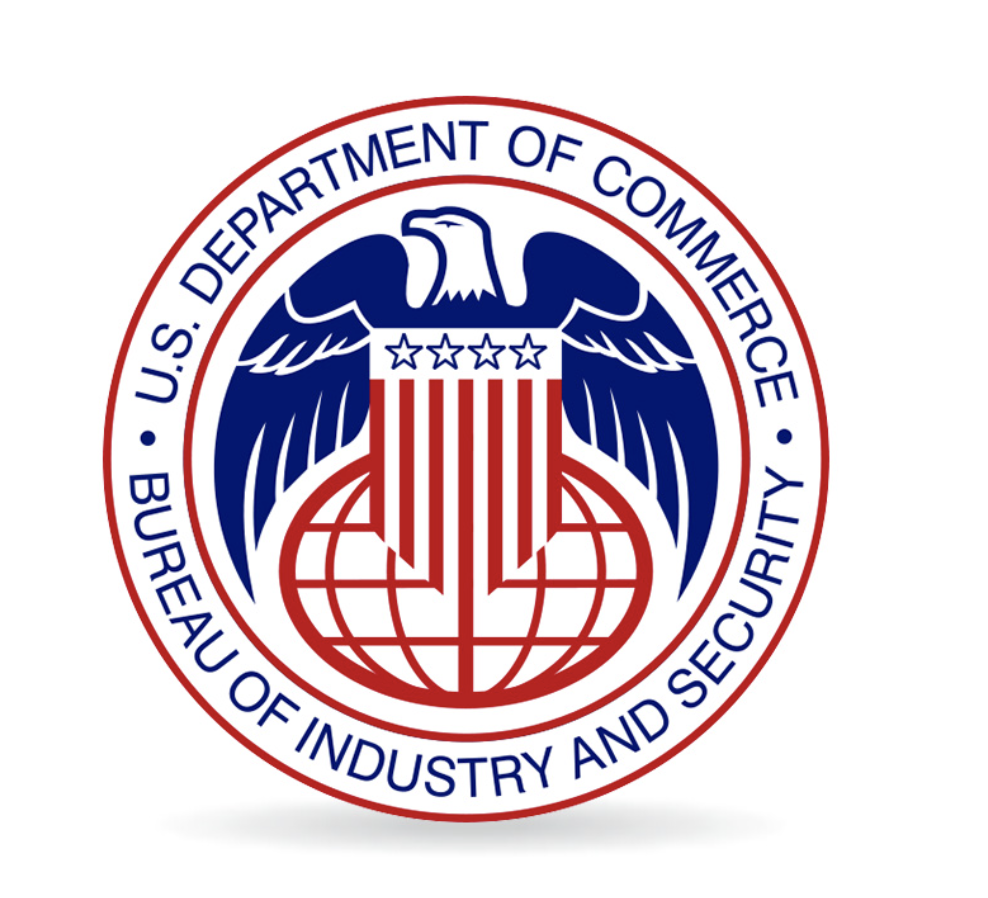BIS Emphasizes Need for Reinvigorated Due Diligence Efforts by Exporters
Remarks given by Commerce Secretary Gina Raimondo and Undersecretary Alan Estevez during the 2024 Policy Update Conference sponsored by the U.S. Department of Commerce’s Bureau of Industry and Security (“BIS”) emphasized the need for organizations to enhance their due diligence efforts to prevent the diversion of restricted commodities to U.S. adversaries, including, but not limited to, the Russian Federation and the Islamic Republic of Iran.

Noting that traditional, more limited due diligence was no longer sufficient in an increasingly volatile geopolitical environment, Undersecretary Estevez specifically called on industry to ramp up their due diligence efforts, especially where more “complicated distribution networks” are implicated. The message was repeated by Secretary Raimondo, who reiterated the importance of identifying the end-user for commodities exported under the auspices of the Export Administration Regulations (“EAR”) and ensuring that red flags were properly noted and identified in the context of specific transactions.
While the United States has progressively adopted more stringent export controls on commodities destined for nations like the Russian Federation, China, and Iran, circumvention of these controls remains a key obstacle to the full realization of U.S. foreign policy and national security objectives. As Undersecretary Estevez noted, between February 24, 2022 to December 31, 2023, BIS’s Office of Export Enforcement (“OEE”) detained approximately 559 shipments destined for Russia valued at over $284 million. Chief among the commodities detained were more sophisticated dual use items capable of being dissected and utilized by Russia in advanced weaponry, including missiles and unmanned aerial vehicles (“UAVs”).
The need for companies to enhance their export compliance programs was echoed strongly by Assistant Secretary for Export Enforcement Matthew S. Axelrod, who highlighted the unprecedented level of enforcement activity undertaken by BIS in the past few years, which has resulted in the highest number ever of export-control related convictions, temporary denials orders (“TDOs”), and post-conviction denial orders in the agency’s history. Underscoring recent efforts taken by OEE on the front-end to provide industry with actionable export compliance guidance, Axelrod encouraged organizations to leverage recent BIS publications—including a plethora of advisory notices, guidance documents, and alerts—in their continuous improvement efforts. “At the end of the day,” Axelrod emphasized, “it’s up to [industry] to build strong compliance programs and promote a culture of compliance within [their] respective companies or academic institutions.” Organizations that consciously choose not to invest in compliance risk “significantly increas[ing]” the overall risk that a specific commodity will be unlawfully exported and that BIS will aggressively pursue the violator.
All organizations engaged in the export, re-export, or transfer of U.S.-origin dual use commodities are required to have a formal export compliance program in place. While program particulars will vary considerably by organization and industry, the foundational elements of an EAR-based compliance program are delineated in BIS’s “Export Compliance Guidelines.” These elements include, but are not limited to: (1) management commitment; (2) periodic risk-based assessments; (3) effective export authorization procedures; (4) recordkeeping; (5) appropriate training; (6) regular audits; (7) export violation reporting and corrective action implementation procedures; and (8) a formal export compliance manual.















